-
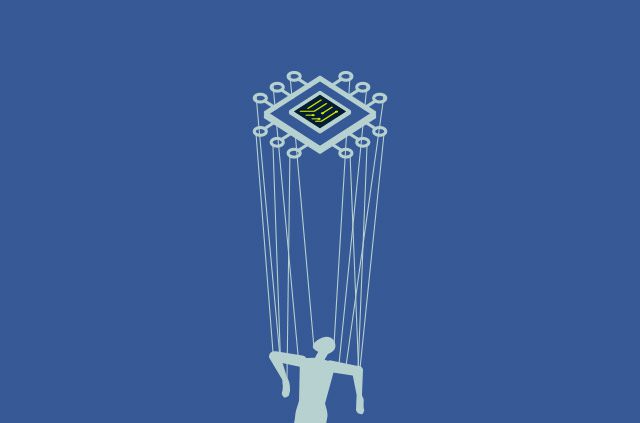
New AI tech bodes ill for identity theft, scams, and propaganda
What happens when AI and machine learning evolve beyond the uncanny valley? How will we know what is real and what isn’t? Developments in AI and machine learning have progressed forward in leaps and...
-
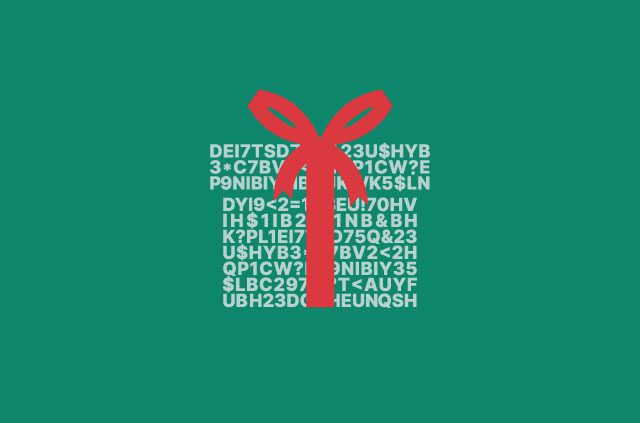
2021 Gift Guide: Best cybersecurity gifts for privacy protection
This post was originally published on December 11, 2020. In the whirlwind season of Black Friday and Cyber Monday sales and general holiday shopping mayhem, it can be hard to resist the ridiculous sav...
-
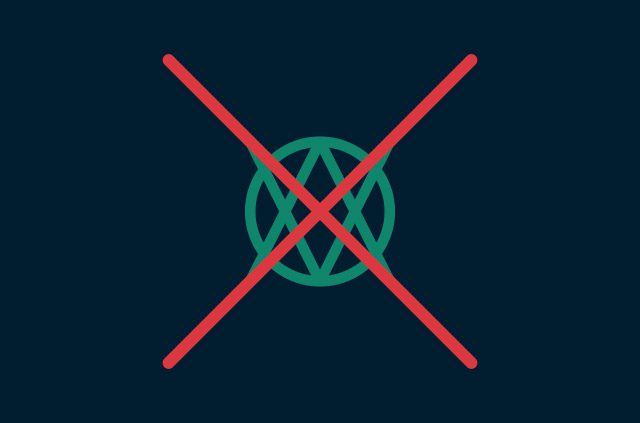
Tech resources for leaving a cult
For individuals who find themselves in a cult and want to leave, the first step is to establish secure communication with the outside world. Here’s how to do that. The challenges of leaving a cult C...
-
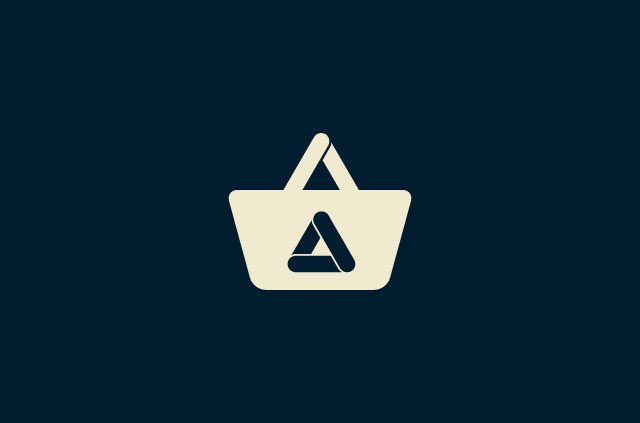
Download Android apps anonymously via the Aurora Store
Editor’s note: This is part of our series on alternatives to Big Tech. Read our posts on installing LineageOS on your phone and downloading apps for it from F-Droid. We previously detailed our exper...
-
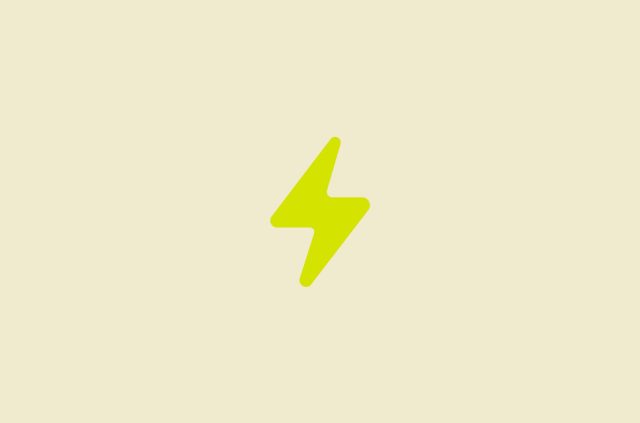
Lightning Network: A better way to pay with Bitcoin
The Lightning Network has been highly anticipated by Bitcoin enthusiasts for years. As a separate network it promises to make Bitcoin payments faster and cheaper while not compromising the security of...
-
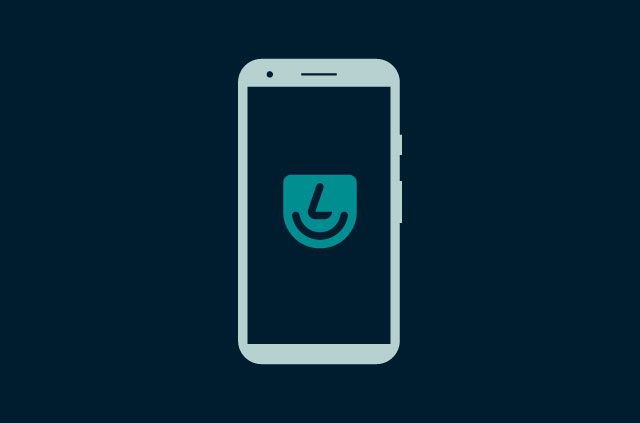
Installing apps on LineageOS for greater privacy
Editor’s note: This is part of our series on alternatives to Big Tech. Read our previous post on installing LineageOS, and learn about getting Android apps from the Aurora Store. Previously we insta...
-
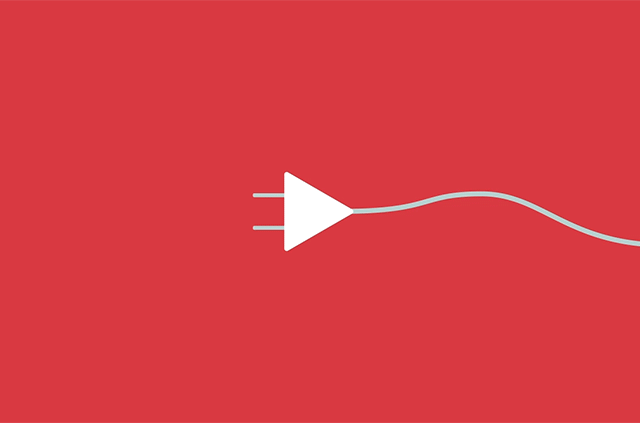
What is UPnP and should you turn it on or off?
If you’ve ever connected a printer or a smart device to your home network, you’ve likely encountered Universal Plug and Play (UPnP). But what is UPnP, and why is it so widely used? This networking...
-
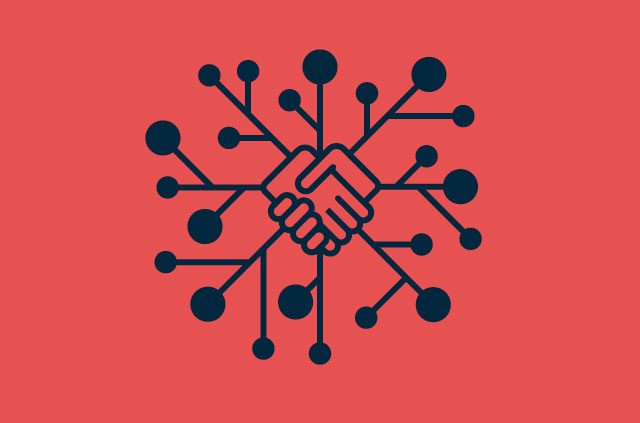
What is a CDN? Understanding content delivery networks
Why do some websites load almost instantly, even when hosted halfway around the world? The secret often lies in using a CDN. CDN stands for Content Delivery Network. It’s a geographically distribute...
-

What your mental health app reveals to big tech
When we book a session with a mental health professional, there is a high degree of trust built into the interaction. We’re paying someone to listen to some of our deepest and darkest secrets, and p...
-
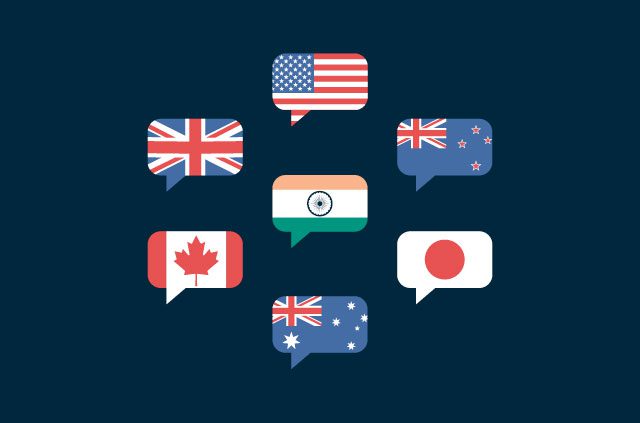
7 countries are calling for access to your private messages
If you’re using a messaging app that does not use end-to-end encryption (E2EE), your communications could be read by the company whose app you’re using, as well as government authorities and other...
Tips & tricks




